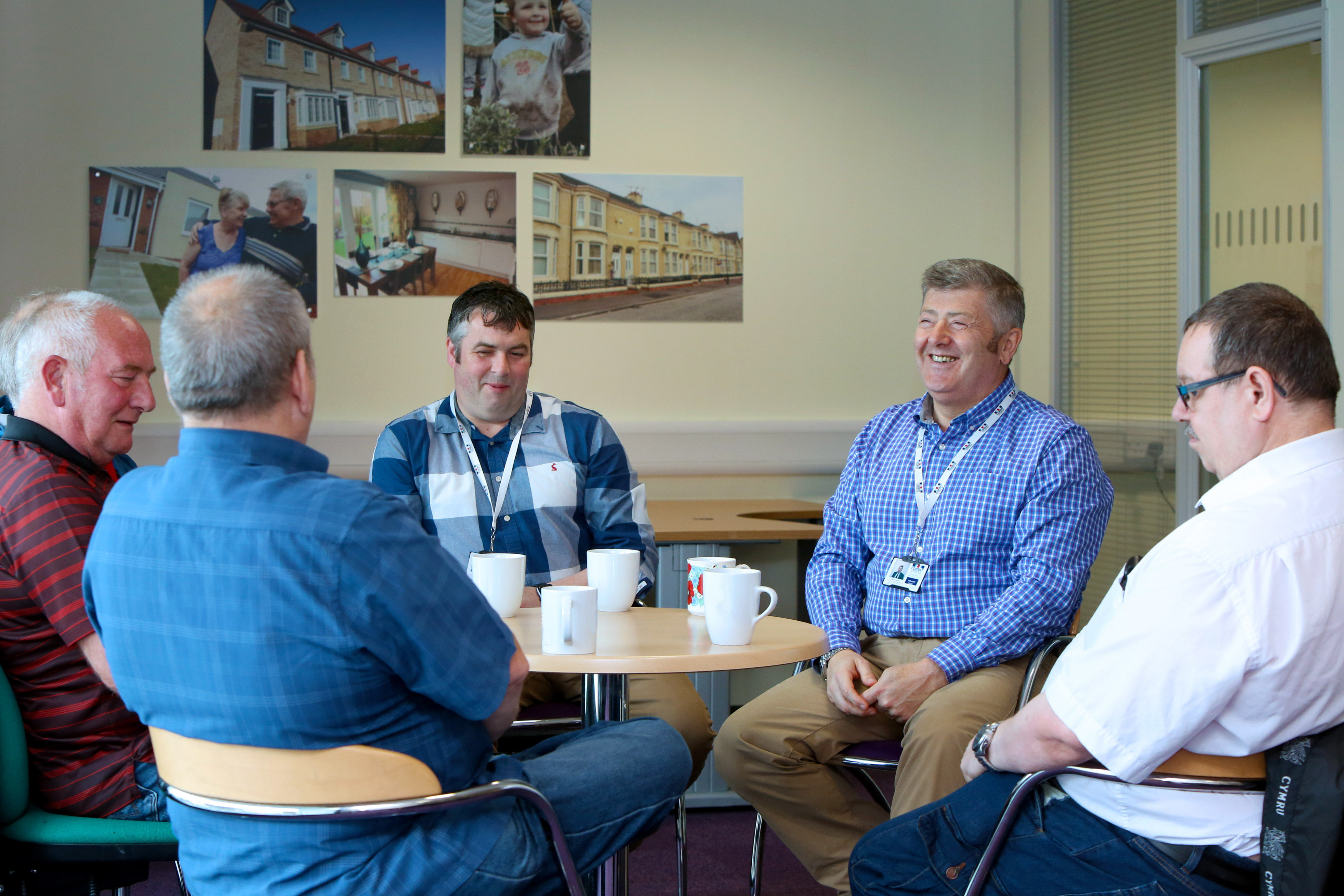100 years of supporting former servicemen and women
 Combat Stress explains how it helps former servicemen and women deal with trauma-related
mental health problems – and has done since 1919.
Combat Stress explains how it helps former servicemen and women deal with trauma-related
mental health problems – and has done since 1919.
This year, the charity Combat Stress marks its centenary. In the 100 years since it was founded, the treatment for post-traumatic stress disorder (PTSD) has changed enormously, but the mental health problems that former servicemen and women can face are as relevant as ever today.
Shell shock and World War 1
In 1918, the human cost of World War 1 was all too obvious. Millions had given their lives during the conflict, and thousands returned from the trenches with debilitating injuries.
But not all of the wounds that veterans faced were physical – many who returned struggled to leave the battlefield behind mentally. The constant sound of heavy artillery, lack of sleep and exposure to injury and death, led many soldiers to develop what was known at the time as shell shock or neurasthenia – or what we now call post-traumatic stress disorder (PTSD).
Yet the thousands of servicemen who returned with severe mental health problems received little or no sympathy from the public. Many were locked away indefinitely in war hospitals and asylums, while others suffered in silence at home.
Focus on rehabilitation
The founders of Combat Stress believed that veterans could be helped to cope with their mental health problems through rehabilitation. Striking out against the contempt and misunderstanding of the era around mental health, they began fundraising to introduce residential homes where veterans could live and work, helping them to start rebuilding their lives.
In 1920, the charity’s first recuperation home was opened on Putney Hill in south-west London.
Continued support for veterans
Over time, Combat Stress developed services to meet the changing needs of veterans.
Today, a significant number of men and women leave the armed forces and develop trauma-related mental health problems. Without the right help, their lives can become desperate. Anxiety, anger, depression, isolation and, in some cases, suicide, can all tear families apart, destroy relationships and devastate lives.
Each year, more than 2,000 former servicemen and women take the first step to seeking help by reaching out to Combat Stress when they’re struggling with their mental health.
What kind of support is offered?
When a veteran asks for our help, we develop a programme to meet their individual needs. This might include one-to-one sessions with a member of our specialist clinical team, or attending one of our treatment centres for an outpatient appointment or residential programme.
We also provide support in the community through a team of psychiatric nurses, occupational therapists and our veteran-led peer support service.
 We know invisible illnesses can be just as hard to cope with as physical ones. That’s
why we remain committed to helping every former serviceman and woman tackle the past
and take on the future.
We know invisible illnesses can be just as hard to cope with as physical ones. That’s
why we remain committed to helping every former serviceman and woman tackle the past
and take on the future.
Thanks to the ongoing generosity of the public, last year, we were able to help more than 3,000 veterans and safeguard the services we provide across the UK. We are 80 per cent reliant on voluntary income, yet demand for our services is at an all-time high; the number of new veterans turning to us for help each year has almost doubled in the past decade.
While the NHS, which did not exist when we were formed, increasingly tries to step up to meet the needs of veterans, some former servicemen and women still prefer to be treated and supported in a specialist environment alongside others like them. We know and understand this culture. This is an important part of what we offer, and gives veterans the confidence to start their journey of recovery.
What does the future hold?
As we mark the milestone of our centenary, our mission is still to continue providing crucial support and treatment to veterans and their families. We will continue to be an important part of a growing and evolving wider system of veterans’ mental health.
As one of our occupational therapists said recently, “Combat Stress speaks veteran”. That’s why veterans describe meeting us as “finally coming home”.
Find out more: Combat Stress, follow @CombatStress
Pictured: a clinician and veterans at Eden Manor, one of the charity's first recuperative homes; veterans at a peer support service group. © Combat Stress
